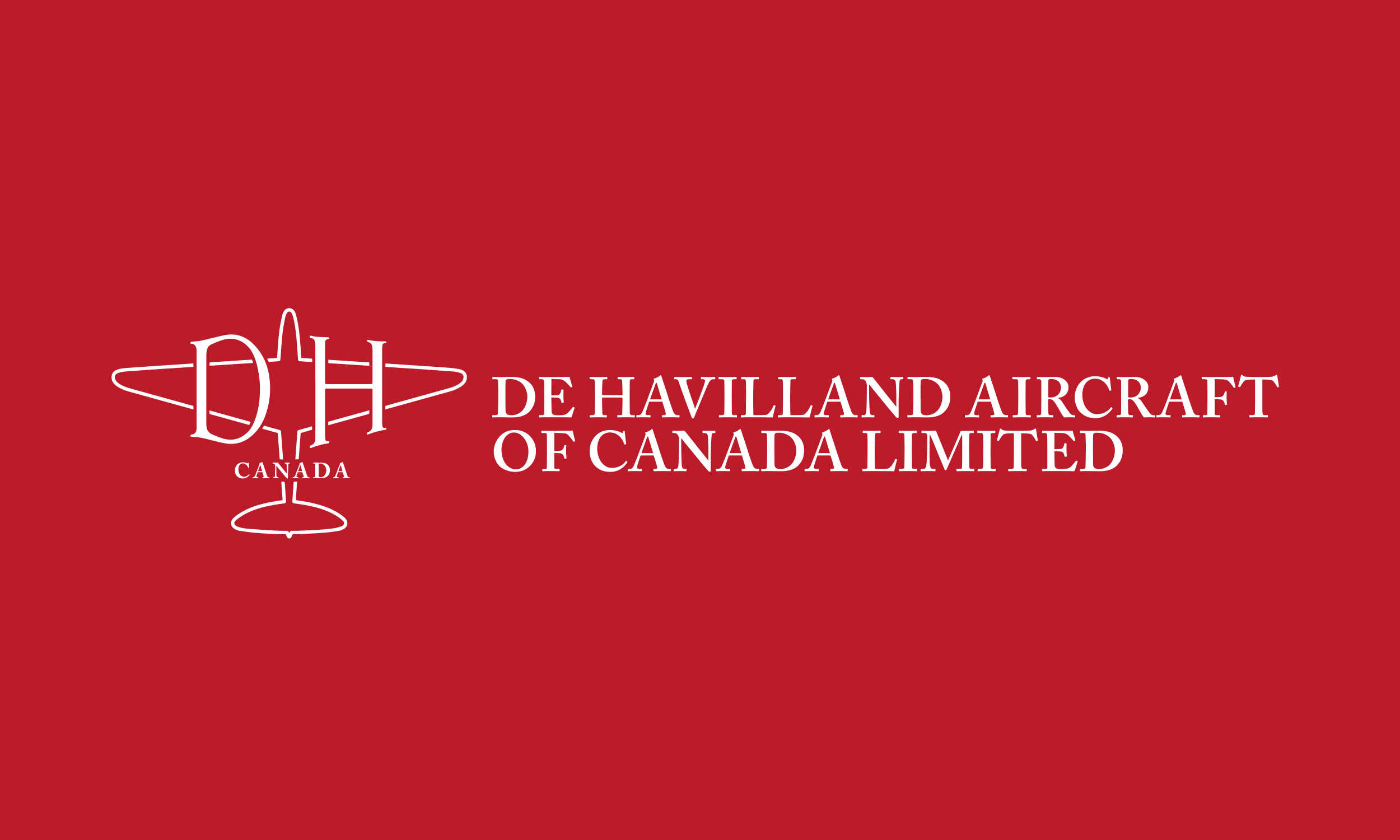global Markets Reel as tariffs Take Hold; Powell Voices Concerns
Escalating trade tensions send shockwaves through global economies, prompting warnings from teh U.S. Federal Reserve.

Published: April 5, 2025
Global stock markets plunged on April 4, 2025, as newly implemented tariffs sparked fears of a full-blown trade war.The tariffs, strategically excluding goods like medicines, semiconductors, and wood, are part of a phased approach. A subsequent round is expected to hit goods and services from the European Union, including a notable 20% surcharge.
The immediate market reaction was stark. The Dow Jones Industrial Average plummeted by 5.5% on Wall Street, reflecting investor anxiety. In Frankfurt, Germany, the DAX index closed down approximately 5%, while Japan’s Nikkei index experienced a 2.8% decline. These figures underscore the interconnectedness of the global economy and the sensitivity of financial markets to trade policy shifts.
| Index | Change on April 4, 2025 | Impact |
|---|---|---|
| Dow Jones | -5.5% | Significant investor anxiety |
| DAX (Frankfurt) | -5% | European markets rattled |
| Nikkei (Japan) | -2.8% | Asian markets feel the pressure |
The implications extend beyond mere market fluctuations.Consider the impact on Main Street, U.S.A. A 20% tariff on EU goods, as a notable example, could significantly increase the cost of imported European cars, wines, and cheeses, directly affecting American consumers’ wallets. Similarly, businesses that rely on imported components for manufacturing could face higher production costs, potentially leading to price increases or job losses.
Powell Warns of economic Fallout
Jerome powell, Chairman of the U.S. Federal Reserve, has cautioned about the potential adverse effects of the administration’s tariff policies. “It was very likely that the new tariffs would at least temporarily increase inflation and slower economic growth,” Powell stated. He further emphasized the possibility of more permanent damage. While assuring that the Fed would monitor the situation and consider adjustments to monetary policy, Powell noted, “But it is still too early to say which course is the right one.”
Powell’s remarks carry significant weight, given the Fed’s role in maintaining economic stability. His acknowledgment of the risks associated with tariffs highlights the delicate balance policymakers must strike between protecting domestic industries and fostering a healthy global economy. It also puts pressure on the Fed to potentially counteract the inflationary pressures through measured adjustments to interest rates, a move that could have it’s own set of economic consequences.
China Retaliates with Tariffs, Export Controls
In response to the U.S. tariffs, China announced retaliatory measures, escalating the trade dispute. The Ministry of Commerce in Beijing declared that tariffs of 34% would be imposed on select American products, effective the following Thursday.They also indicated their intention to challenge the U.S. actions at the World Trade Association (WTO).
Beyond tariffs, China has also threatened to restrict the export of rare earth minerals to the United States. These minerals are critical components in numerous high-tech products, including smartphones and military hardware. This move could severely disrupt the U.S. tech and defense industries, potentially giving China significant leverage in trade negotiations.
Furthermore, several U.S. companies have been designated as “unreliable” by the chinese government, a label that allows Beijing to take punitive actions against these firms.This designation creates an uncertain and potentially hostile business surroundings for American companies operating in China, raising concerns about intellectual property protection and fair competition.
Beyer said on deutschlandfunk that one had to take up inequalities in the trade balance – but not in the form of a trade war.
This tit-for-tat escalation underscores the complex and multifaceted nature of the trade war. It’s not just about tariffs; it’s about strategic resources, regulatory control, and the broader geopolitical landscape.
EU Considers Countermeasures, Seeks Negotiations
With global trade partners facing tariffs ranging from 10% to 50%, the European Union is actively considering countermeasures. While signaling a willingness to negotiate, the EU is also preparing to defend its interests. Potential measures include a tax targeting U.S. tech companies, a move that could particularly affect giants like Google, Amazon, and Facebook.
EU Trade Commissioner Sefcovic engaged in phone conversations with the U.S. Commerce Minister Lutnick and the U.S. trade Representative Greer. Sefcovic emphasized the EU’s position, stating that he had made it clear that he considered the tariffs to be “harmful and unfair.” He reiterated the EU’s commitment to sensible negotiations while remaining prepared to safeguard its own economic interests.
The EU’s strategy reflects a delicate balancing act. While seeking a diplomatic resolution, the EU is also sending a clear message that it will not be bullied into accepting unfair trade practices. The proposed tax on U.S. tech companies serves as a tangible threat, potentially impacting the profitability of some of the world’s most valuable corporations.
The Path forward: Uncertainty and Potential Outcomes
The current trade climate is fraught with uncertainty. The potential for further escalation remains high,with each side seemingly prepared to retaliate against new tariffs or trade restrictions. The long-term consequences could be significant, potentially leading to slower global economic growth, increased inflation, and disruptions to supply chains.
For American consumers, the most immediate impact could be higher prices for imported goods. For businesses,the uncertainty surrounding trade policy makes it difficult to plan for the future,potentially leading to reduced investment and hiring.
The situation demands careful diplomacy and a willingness from all parties to compromise. A trade war benefits no one in the long run. Whether cooler heads will prevail remains to be seen.
Further Reading
- South asia’s textile industry suffers from Trump’s tariffs (Audio)
- China wants to work with EU
- initiative “Buyfromeu”: What does consumer patriotism bring (Audio)
- Trump’s tariffs: conclusion with sustainability in the EU? Interview with Anna Cavazzini, EP (Audio)
- Economic discussion: tariffs from the perspective of German companies (Audio)


:strip_profile():gifv(false)/https://cdn.mos.cms.futurecdn.net/e83peVjFp9B24Xp9H5EjvY.jpg)




